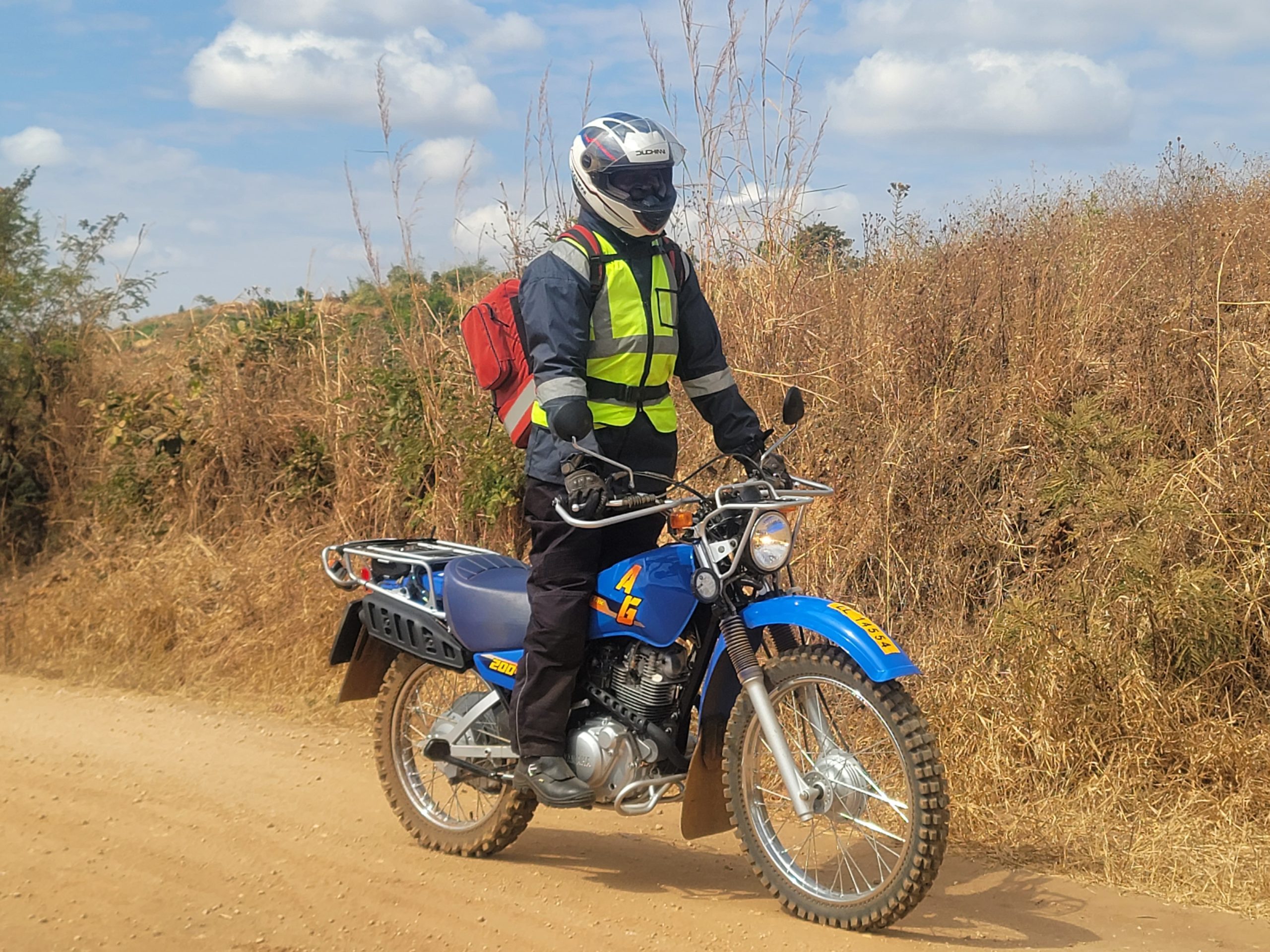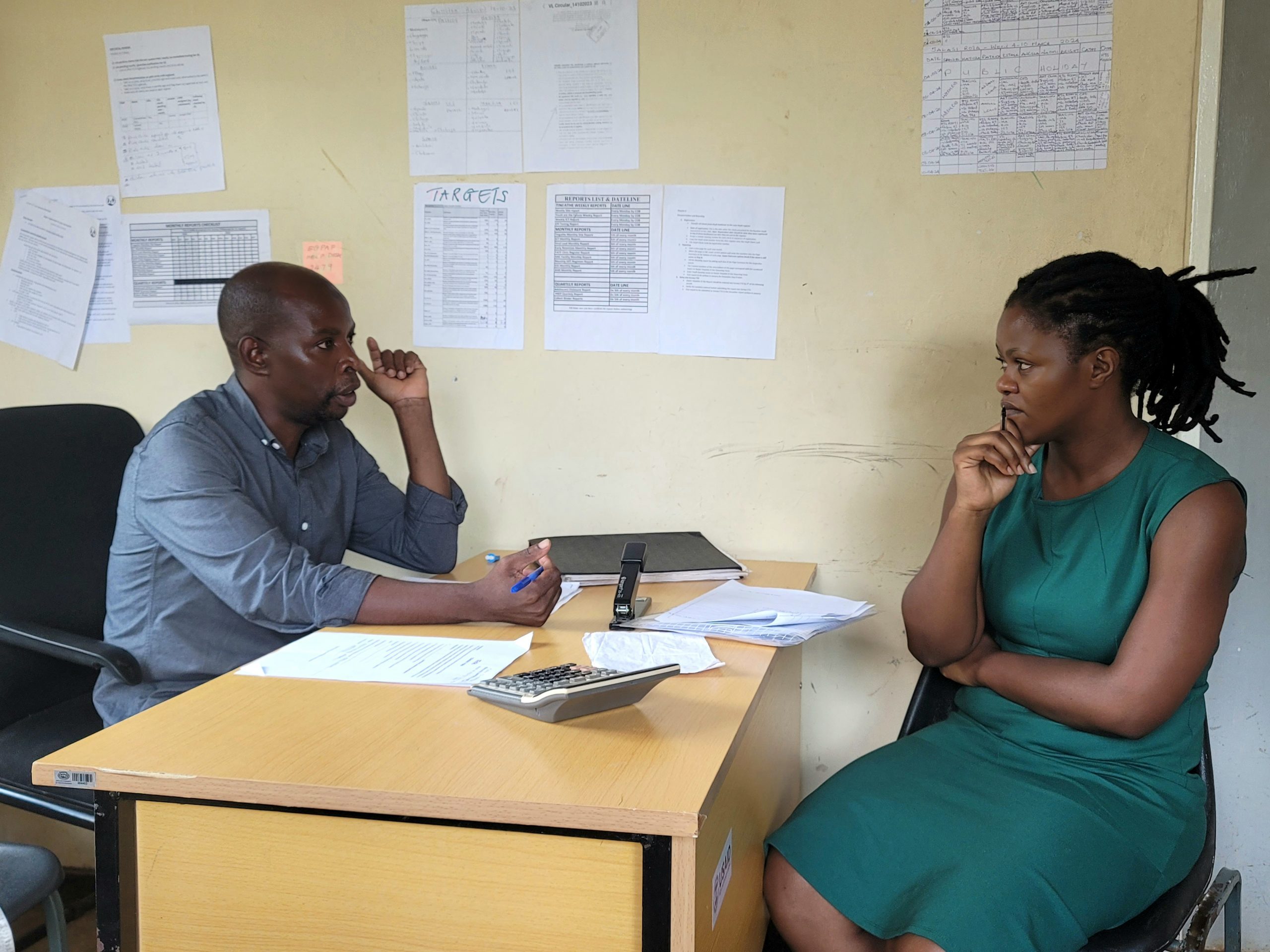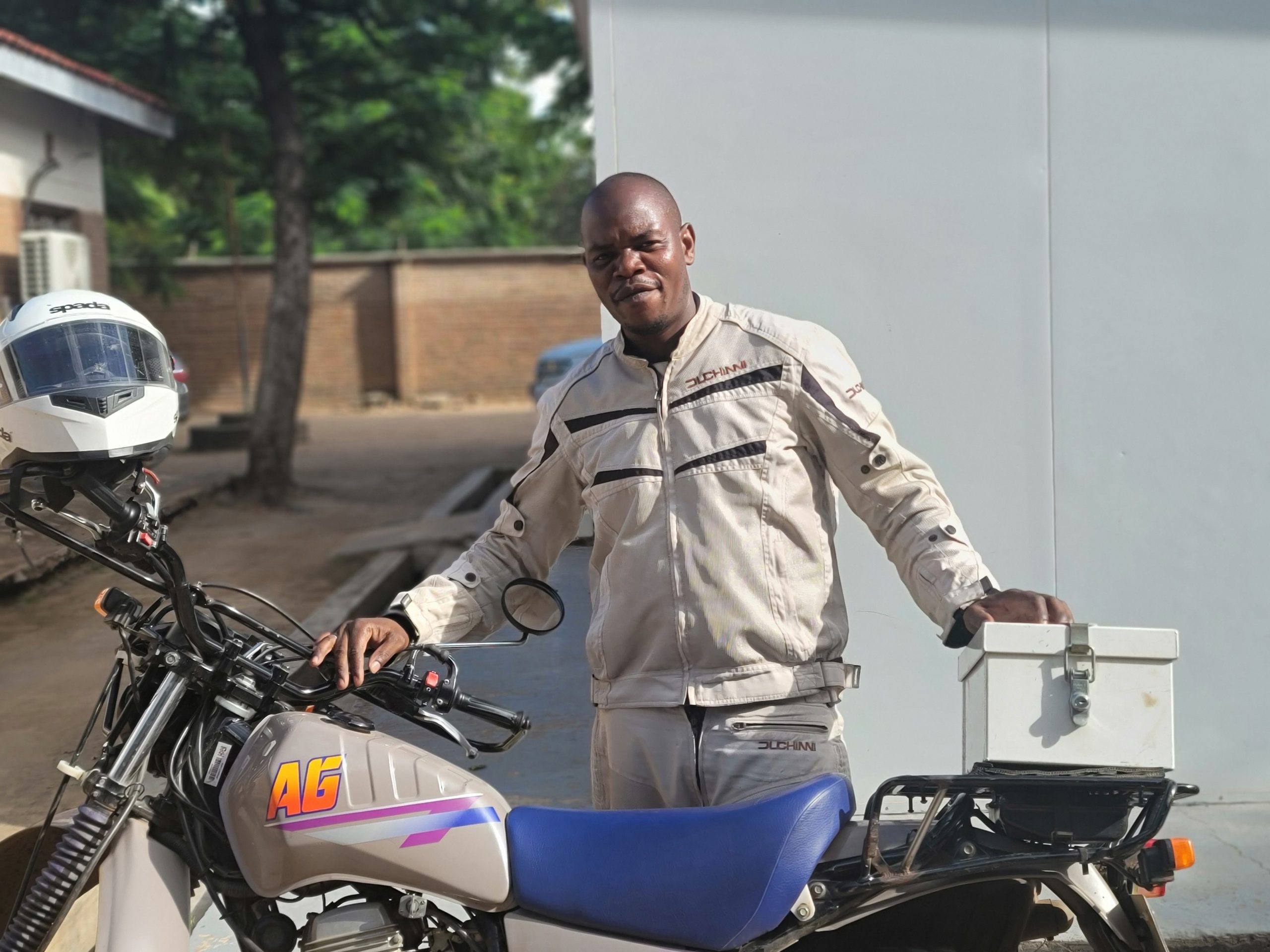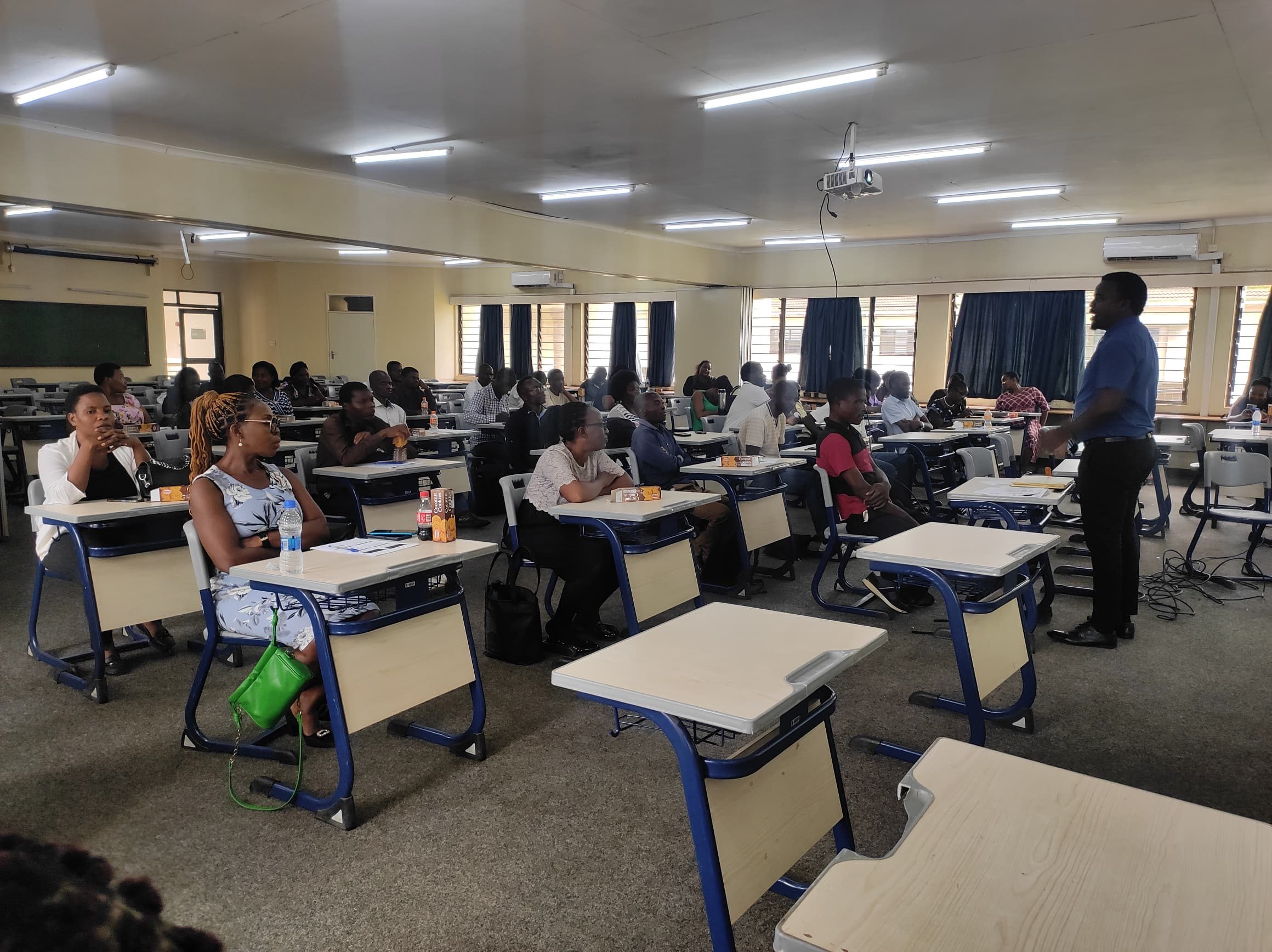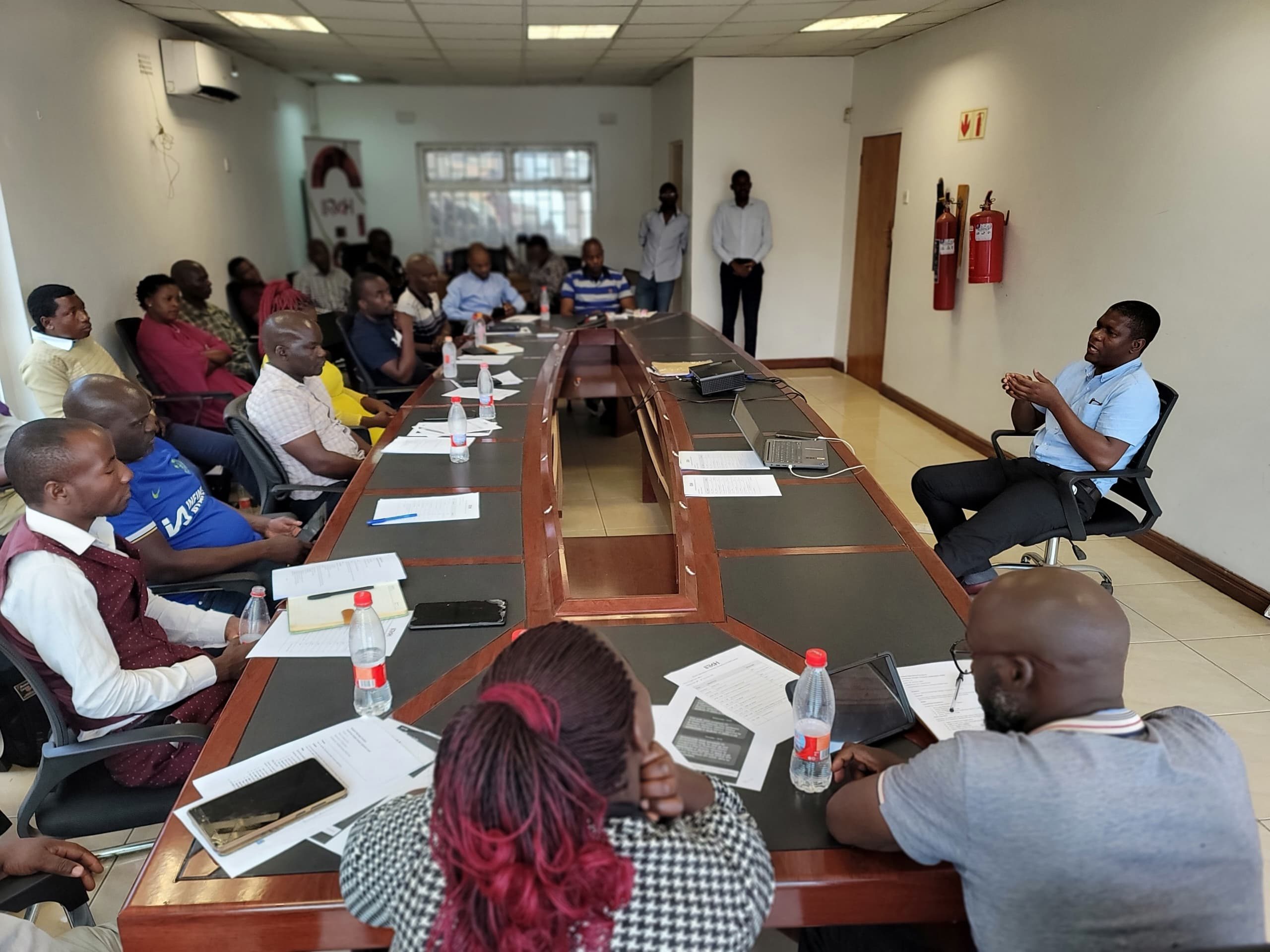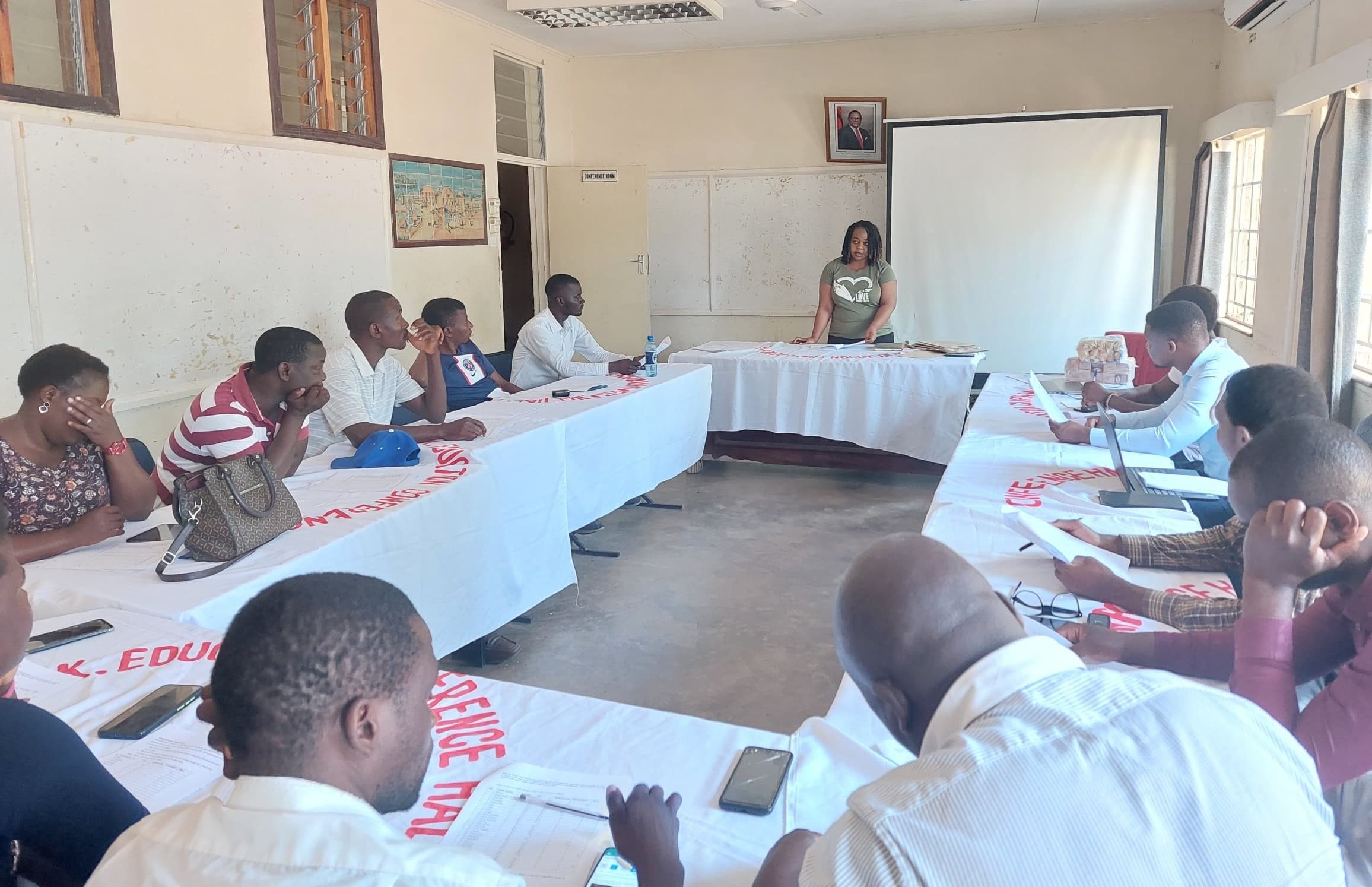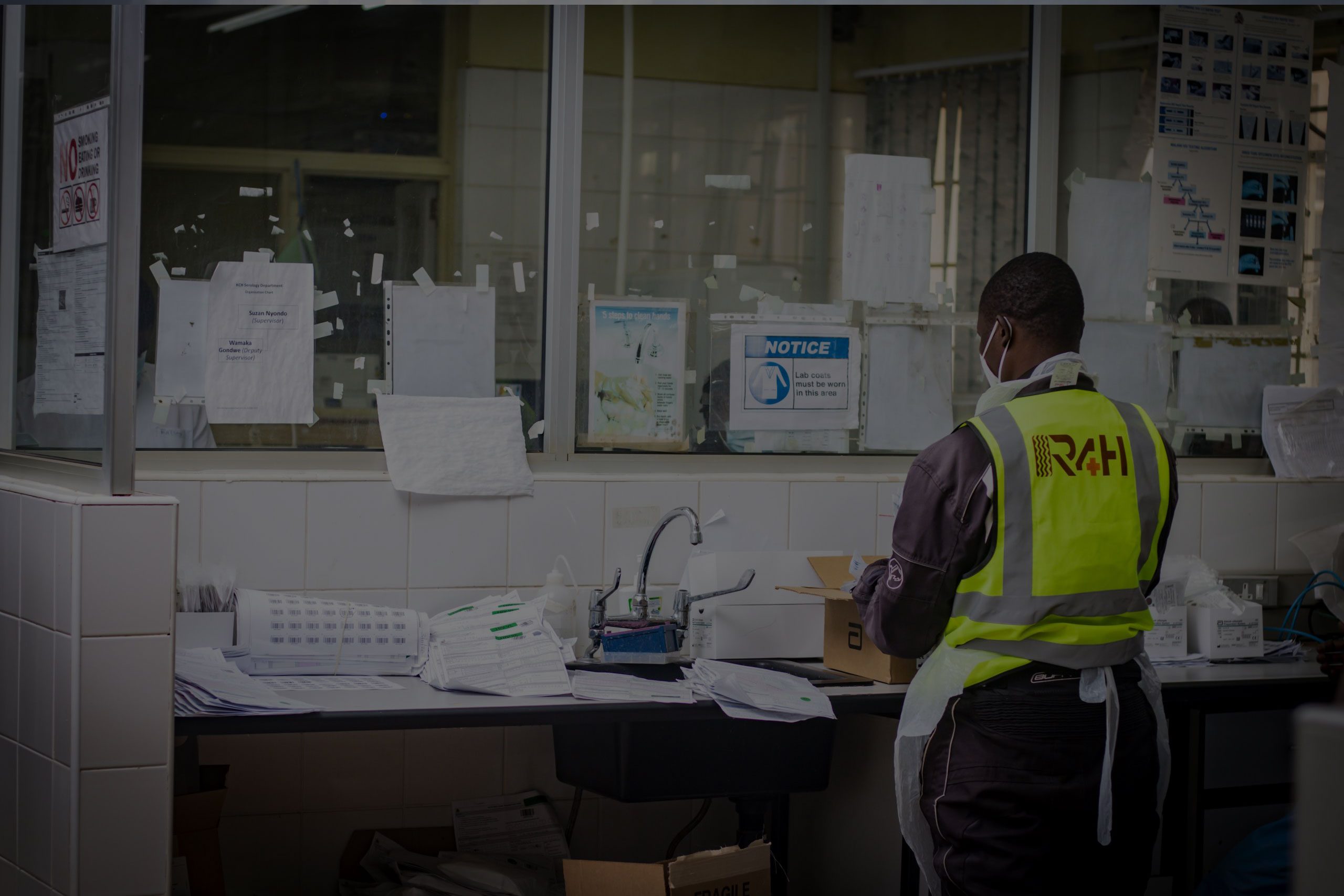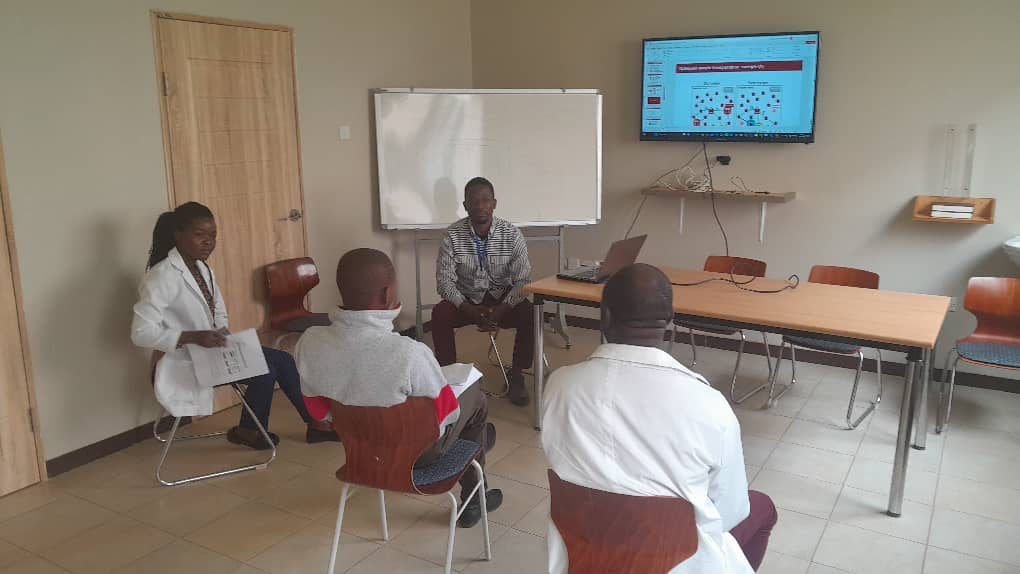The Story of Titus Juga, Medical Sample Transport Courier

Titus Juga, Sample Transport Program Courier on his way from Thonje Health Center to Dowa District Health Office for medical sample delivery for diagnosis
In one of the R4Hs Sample Transport Program implementation areas; Dowa District, Titus Juga stands as a beacon of dedication and service. As a medical sample transport courier, Titus is entrusted with a crucial task: transporting medical samples from 24 health facilities across Dowa to the district health office for diagnosis. Once the results are ready at the laboratory, he promptly delivers them back to the respective health facilities. This cycle of transport and communication ensures timely diagnoses and treatments, saving countless lives.

Hastings Buleya, Monitoring Evaluation, Accountability and Learning (MEAL) Officer interacting with Titus Juga, Sample Transport Courier during MEAL Support visits in July 2024
Juga’s role under the R4H is critical. “The work that I do under R4H is assisting in ensuring that clients are diagnosed in good time and prescribed treatment,” he explains. For him, this responsibility is more than just a job; it’s a calling. “This experience is fulfilling,” added Juga.
The shortest route he undertakes is 9 kilometers from Dzaleka Health Center to Dowa District Hospital, while the longest stretches up to 96 kilometers one way. Despite the challenges posed by varying terrains and distances, Titus remains committed to his task. For instance, the route from Thonje Health Center to Dowa District Hospital is particularly demanding, it is a 36km journey with challenging terrain that demands endurance and determination. Yet, these obstacles strengthen his determination to serve the community.
Juga takes pride in his ability to serve the community, recognizing the vital impact of his work on the health and well-being of the people in Dowa. “I appreciate all the healthcare workers I interact with in health centres in Dowa,” he says. Their support and organization play a significant role in the efficiency and success of his duties. “They welcome us well and make our work easy with their timely support and organization.” Concluded Juga.
Through his tireless efforts, Jugas dedication to his role as a medical sample transport courier under R4H ensures that health facilities in Dowa can provide timely and accurate diagnoses, saving lives and fostering a healthier community.








